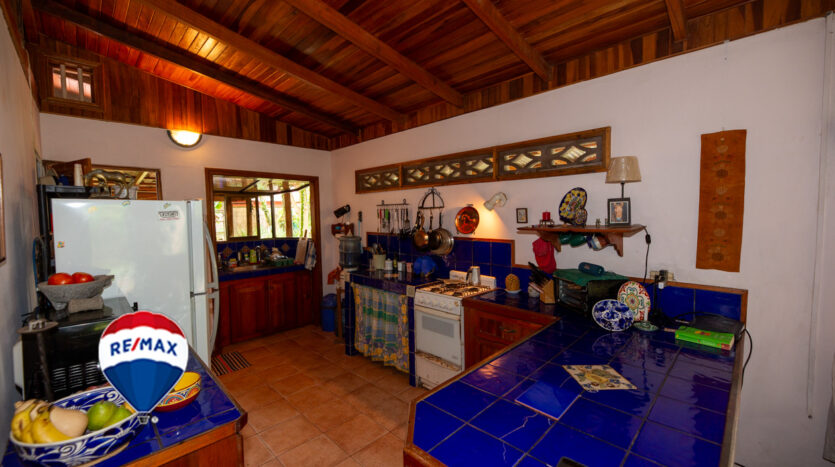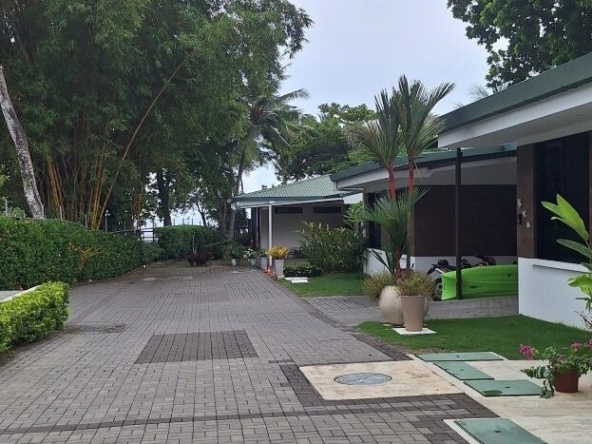Costa Rica, with its stunning landscapes, friendly locals, and laid-back lifestyle, has long been a dream destination for Americans seeking a tropical escape. Beyond its natural beauty, the country also offers an attractive real estate market, making it easier than ever for Americans to own a piece of paradise. But before you pack your bags and head south, it’s essential to understand the process of buying a home in Costa Rica as an American(foreigner). Here’s everything you need to know.
1. Can Americans Buy Property in Costa Rica?
Yes! One of the great advantages of purchasing property in Costa Rica is that Americans (and other foreigners) have the same rights as Costa Rican citizens when it comes to property ownership. There are no restrictions on foreigners owning land, except in certain maritime zones near the coast. In these areas, special regulations apply, so it’s crucial to work with a knowledgeable attorney.
2. Choosing the Right Location
Costa Rica’s diverse regions offer something for everyone. Whether you’re drawn to the beaches of Guanacaste, the bustling Central Valley, or the serene mountains of the southern Pacific coast, the location you choose will greatly impact your lifestyle and investment.
- Guanacaste: Ideal for beach lovers and sunseekers, known for its luxury resorts and vibrant expat communities.
- Central Valley: Home to the capital, San José, this area offers a balance of city conveniences and cooler climates.
- Southern Zone: More remote and tranquil, perfect for those looking to escape the crowds and immerse themselves in nature.
3. Finding Your Dream Home
Once you’ve settled on a region, the next step is finding your dream property. You can start your search online, but it’s recommended to visit Costa Rica and explore the area in person. Working with a reputable real estate agent who understands the local market is essential. They can help navigate the listings, negotiate on your behalf, and ensure you’re getting the best value.
4. The Legal Process
While purchasing property in Costa Rica is relatively straightforward, it’s important to understand the legal process. Here’s a general overview:
- Hiring an Attorney:It’s highly recommended to hire a local attorney experienced in real estate law. They will conduct a title search, ensure there are no liens on the property, and help you with the necessary paperwork.
- Title and Ownership: Make sure the property has a clean title and that it’s properly registered in the National Registry.
- Purchase Agreement: Once you’ve found a property, you’ll sign a purchase agreement, often with a deposit of around 10%. The final transaction usually occurs within 30 to 60 days.
- Due Diligence: This includes title checks, ensuring there are no pending taxes or fees, and verifying property boundaries.
5. Financing Options
Unlike in the U.S., obtaining a mortgage in Costa Rica as a foreigner can be more challenging. Most foreign buyers either pay in cash or secure financing from banks in their home country. While some local banks do offer loans to foreigners, the interest rates are generally higher, and the process can be more complicated.
Alternatively, seller financing is sometimes available, where the seller provides the buyer with a loan for a portion of the purchase price, typically at more favorable terms than banks.
6. Property Taxes and Ongoing Costs
Property taxes in Costa Rica are relatively low compared to the U.S., typically around 0.25% of the registered property value. Additionally, homeowners should budget for maintenance, utilities, and any association fees if buying within a gated community or condominium complex.
If you’re purchasing land or a home with plans to rent it out, keep in mind that rental income is subject to taxes in Costa Rica, and you may also need to pay taxes in the U.S.
7. Residency and Living in Costa Rica
Buying property in Costa Rica does not automatically grant you residency. However, many American buyers apply for residency under the Pensionado (retirement) or Rentista programs. The Pensionado program requires a minimum monthly income of $1,000 from a pension or social security, while the Rentista program requires proof of income of at least $2,500 per month for two years.
Living in Costa Rica offers an appealing lifestyle with access to quality healthcare, a slower pace of life, and a welcoming expat community.
8. Tips for a Smooth Purchase
- Work with Professionals: Ensure you have a trustworthy real estate agent, attorney, and accountant to guide you through the process.
- Be Patient: The buying process in Costa Rica may take longer than you’re used to in the U.S., especially in more remote areas.
- Understand the Market: Real estate prices in Costa Rica can vary significantly depending on location, so research the market thoroughly.
- Visit the Property: Always see the property in person before making a decision.
Conclusion
Owning a home in Costa Rica is a dream for many Americans, and with proper planning, it can become a reality. Whether you’re looking for a vacation home, retirement spot, or an investment opportunity, Costa Rica’s property market is welcoming to foreign buyers. With its stunning scenery, favorable property laws, and vibrant expat community, buying a home in Costa Rica as an Americancan be the first step toward living your tropical dream.

